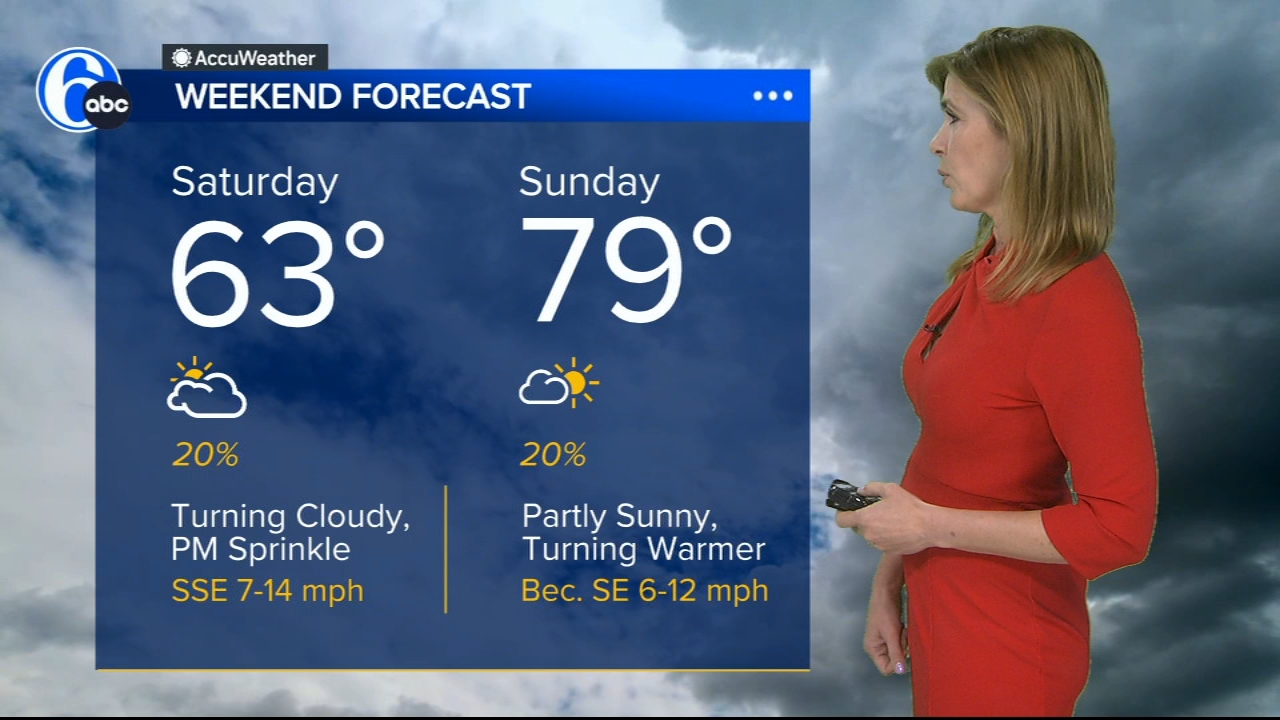Consumer Reports: Seat belt safety can save lives

PHILADELPHIA (WPVI) -- Seat belts have saved 300,000 lives since they became standard equipment fifty years ago.
But there's a problem.
25 million people still don't buckle up, especially in the back seat.
While many of us insist on seat belts in the front, we're a lot more lax with people - even kids - riding in the back.
And Consumer Reports says that's a danger to everyone in the car.
19 year-old Tyler Elzey and his best friend Harrison were going for just a short ride. They were in the back-seat with no seat belts on when the driver lost control and crashed. Everyone in the car was killed.
It is a scene that is difficult for Elzey's mom to relive.
"Tyler and Harrison basically became projectiles, their heads hit each other. He suffered multiple skull fractures. Not wearing a seat belt can make you a lethal weapon," said Suzanne Elzey.
It's estimated a quarter to a third of passengers in the back seat don't buckle up - with young people being the worst offenders.
"People may think it's ok to be unbelted in the back seat or skip the belt altogether if it's just a short trip. Well that's just wrong," said Jon Linkov from Consumer Reports.
Most fatal car crashes occur within 25 miles of home. And being unbuckled in the back seat increases your risk of dying in a crash to three times what it is if you have your seat belt on according to the Governor's Highway Safety Association.
And unbuckled passengers in the back seat also can pose a danger to people buckled-up in the front.
"Unbelted passengers in the back can be flung forward in a crash with such tremendous force that they can injure or even kill the people in the front," said Linkov.
Suzanne started a website called Cruisesafe.org to educate kids not to do what Tyler and his friends did routinely - skip the seat belts.
"These 4 kids, who were all really good kids, just graduated from high school and in an instant they were all gone," said Suzanne.
It's not only lives seat belts can save. It's estimated that medical costs and lost productivity due to accidents involving the failure to use seat belts has cost the U.S. about 10 billion dollars.





